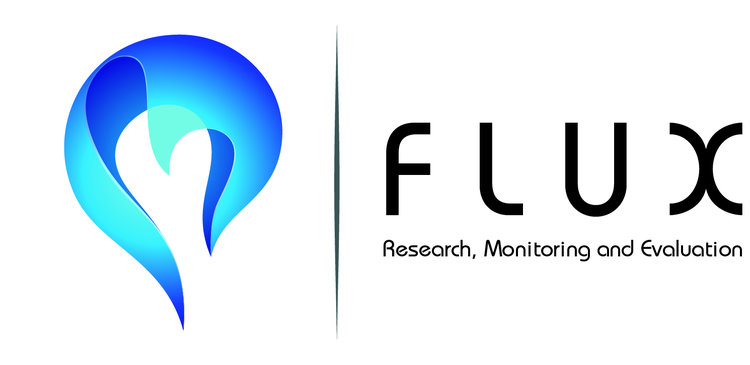“I hope you can see how excited I am...”
I said beaming a way-too-wide smile way-too-early in the morning in an echo-y meeting room on Elysian Fields. “There are very few things that I go all-in on, but I really can’t wait to show you this.”
We had been working together for over two years by now, so I saw some sympathetic glimmers in the eyes of the people around the table, but mostly it was more placid “Ok...we’ll see.”
My audience was the core staff of KID smART, a local non-profit focused on arts integration in education. We were gathered for a workshop on, you guessed it (or maybe not), Spreadsheets for Data Analysis, and the flagship feature, the Pivot Table. I’ll write more about the beauty of Pivot Tables in another post, so for now, you’ll just have to trust me. I’ll just entice you with the fact that I later got a call from KIDsmART in which the words “We’re pivoting all around the office,” were spoken. Pivot Tables rock. A lot. Seriously.
Zooming out, this mini-example speaks to a key feature of evaluation, and a core tenet of Flux as a company:
Sustainability through mentorship.
Good evaluation means not only doing high-quality work, but also building the foundational skills of the people implementing a project.
Skill. Teaching to fish.
It’s a joy watching clients pick up the tools they need to do their work better. Tools to collect data and feedback, tools to analyze and systematize that information, and tools to present findings to their audiences (including themselves). It’s even more rewarding watching them wrap their heads around the concepts of evaluation. For example: the meaning of ‘impact,’ the breadth of sources of data, and how it flows through an organization (all to be treated in later posts).
Emotion. Evolving towards self-determination.
A lot of the associations with the word ‘evaluation’ have to do with reporting requirements to funders. Not fun. Sometimes insightful, but usually a huge burden.
With new skills and some orienting concepts, evaluation can become a much more exciting exercise, an internally-driven process. Nonprofits should not be beholden to produce the indicators their funders want to extract but instead respected as the organizations empowered to create the change in the real world that funders want to see.
Nonprofits should not be beholden to produce the indicators their funders want to extract but instead respected as the organizations empowered to create the change in the real world that funders want to see.
But this shift in perspective needs nonprofit staff who have the capacity to weave multiple threads of data into a convincing, communicable story of organizational impact.
A core of such skilled, motivated, and courageously self-critical professionals is exactly what we hope to [help] create.
KIDsmart has shown remarkable hunger to learn and admirable commitment to improvement, not perfection, in terms of telling their story using data (see their latest Milestones Report). It’s inspiring. Flux is proud to be part of their journey.



